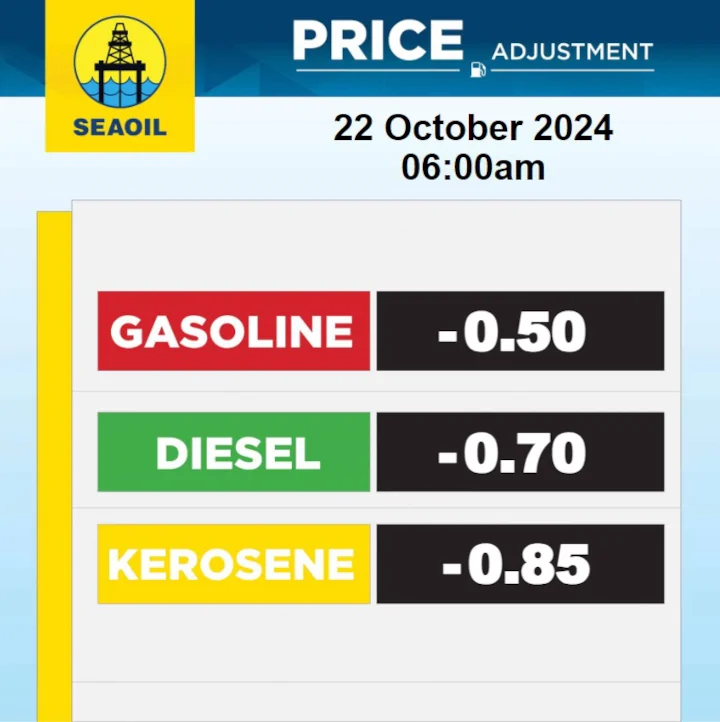Introduction
Fuel prices are a critical aspect of the South African economy, affecting everything from personal budgeting to business operations. As we approach October, many South Africans are keeping a close eye on the price adjustments, as they can have significant implications for inflation, transportation costs, and the overall economic climate.
Recent Adjustments
On September 30, 2023, the Department of Mineral Resources and Energy announced new fuel price adjustments that will take effect from October 4, 2023. According to the announcement, petrol prices are set to increase by 60 cents per litre, while diesel prices will rise by 40 cents per litre. This change follows a trend of fluctuating fuel costs due to various factors, including global oil prices, exchange rates, and local taxation.
Global Influences
The primary drivers behind these price increases include a recent spike in global crude oil prices, reaching approximately $90 per barrel, influenced by ongoing geopolitical tensions and production cuts from major oil-producing nations. Additionally, the South African rand’s depreciation against the US dollar has compounded the situation, making imported fuel more expensive.
Local Economic Impact
For consumers, the rise in fuel prices is concerning as it leads to higher transport costs, which can drive up prices for goods and services. Businesses, especially in the logistics and transportation sectors, will likely pass on these extra costs to consumers, contributing to inflationary pressures. A recent survey indicated that over 70% of South African households anticipate tightening their budgets due to rising fuel expenses.
Government Response
In response to the rising fuel costs, the South African government has been exploring various measures to mitigate the impact on consumers. These include potential adjustments to fuel taxes or offering subsidies to vulnerable populations. The Minister of Mineral Resources and Energy has emphasized the importance of finding a balance between ensuring a sustainable energy sector and easing the burden on consumers.
Conclusion
The changes to fuel prices in October are set to have significant implications for the South African economy, affecting households and businesses alike. As global oil dynamics evolve and local economic conditions fluctuate, stakeholders must remain informed and adaptable. Consumers should prepare for rising costs, and businesses may need to rethink their pricing strategies moving forward. Observing how the government will respond to these challenges will also be crucial in the coming months.
